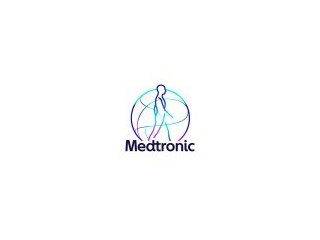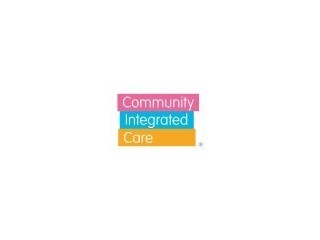PhD opportunity Full-time Job
3 days ago Public Service Cork 1 view Reference: VWPe9g64bLyJob Details
About the job
Funded PhD Studentship:ADAPT Study- ImprovingAttention-deficit hyperactivity disorder core symptoms and individual quality of life withDietaryAPproachesThrough Microbiota-Gut-Brain Signalling
Position:Ph.D. Student
Deadline:10 December 2024
City:Cork
Country:Ireland
Institution:APC Microbiome Ireland, University College Cork
Department:Psychiatry and Neurobehavioural Science
Description:
Funded Ph.D. Studentship, planned start date 01 February 2025 (with flexibility)
We are seeking a highly motivated and skilled PhD student to be co-supervised by Prof Sarah Kittel-Schneider, Dr Christopher McCusker, Dr Gerard Clarke and Prof John Cryan. This PhD project will deliver exciting new research with regards to the effect of dietary intervention in adults with Attention-deficit/Hyperactivity disorder on core symptoms and individual quality of life factors. Furthermore, within this PhD project, the mechanisms of action of diet on the microbiota-gut-brain axis in ADHD and essential components of the diet conveying the beneficial effects will be discovered.
The successful candidate will join a vibrant learning environment working as part of the multidisciplinary Microbiota-Gut-Brain Axis team within APC Microbiome Ireland, which includes neuroscientists, nutritionists, bioinformaticians, physicians, molecular biologists, psychologists, exercise physiologists, and psychiatrists.
A background in Psychology is necessary. The candidate should have previous experience in quantitative research Previous experience in conducting clinical research with vulnerable populations is highly valued. Prior experience with cognitive neuroscience techniques is also beneficial but not required. The successful candidate will have the ability to work on their own initiative and as part of a team and possess excellent communication and interpersonal skills.
Selected Publications:
Kittel-Schneider S.(2023). ADHD: The Mammoth Task of Disentangling Genetic, Environmental, and Developmental Risk Factors.The American journal of psychiatry,180(1), 14–16. https://doi.org/10.1176/appi.ajp.20220916
Lawrence, K., Fibert, P., Hobbs, J., Myrissa, K., Toribio-Mateas, M. A., Quadt, F., Cotter, P. D., & Gregory, A. M. (2023). Randomised controlled trial of the effects of kefir on behaviour, sleep and the microbiome in children with ADHD: a study protocol. BMJ open, 13(12), e071063. https://doi.org/10.1136/bmjopen-2022-071063
Donin, A. S., Goldsmith, L. P., Sharp, C., Wahlich, C., Whincup, P. H., & Ussher, M. H. (2024). Identifying barriers and facilitators to increase fibre intakes in UK primary school children and exploring the acceptability of intervention components: a UK qualitative study.Public health nutrition,27(1), e59. https://doi.org/10.1017/S1368980024000089
Schneider, E., O'Riordan, K. J., Clarke, G., &Cryan, J. F.(2024). Feeding gut microbes to nourish the brain: unravelling the diet-microbiota-gut-brain axis.Nature metabolism,6(8), 1454–1478. https://doi.org/10.1038/s42255-024-01108-6
Berding, K., Bastiaanssen, T. F. S., Moloney, G. M., Boscaini, S., Strain, C. R., Anesi, A., Long-Smith, C., Mattivi, F., Stanton, C., Clarke, G., Dinan, T. G., &Cryan, J. F.(2023). Feed your microbes to deal with stress: a psychobiotic diet impacts microbial stability and perceived stress in a healthy adult population.Molecular psychiatry,28(2), 601–610. https://doi.org/10.1038/s41380-022-01817-y
How to apply:
Please submit as a single pdf file:
(1) Letter of motivation
(2) Curriculum vitae
(3) Summary of Research Experience including list of publications including poster presentations, conference abstracts etc. (if available)
Toskittelschneider@ucc.ie
Company Description
From 1850, QCC was part of the Queen's University of Ireland and, from the 1880s, of the Royal University of Ireland. By the beginning the twentieth century, however, it was clear that higher education in Ireland required a new arrangement to permit the next stages of development. That change came in 1908 through the National University of Ireland (NUI), of which the former QCC, now University College Cork (UCC) is a founding member. Since 1908, UCC has grown from 115 students to over 20,000, from one building to dozens, from less than 20 staff to more than 1,600 today. Since 1997, we have become a university in our own right within the NUI, but we retain the UCC name as part of our heritage of learning since 1845.









